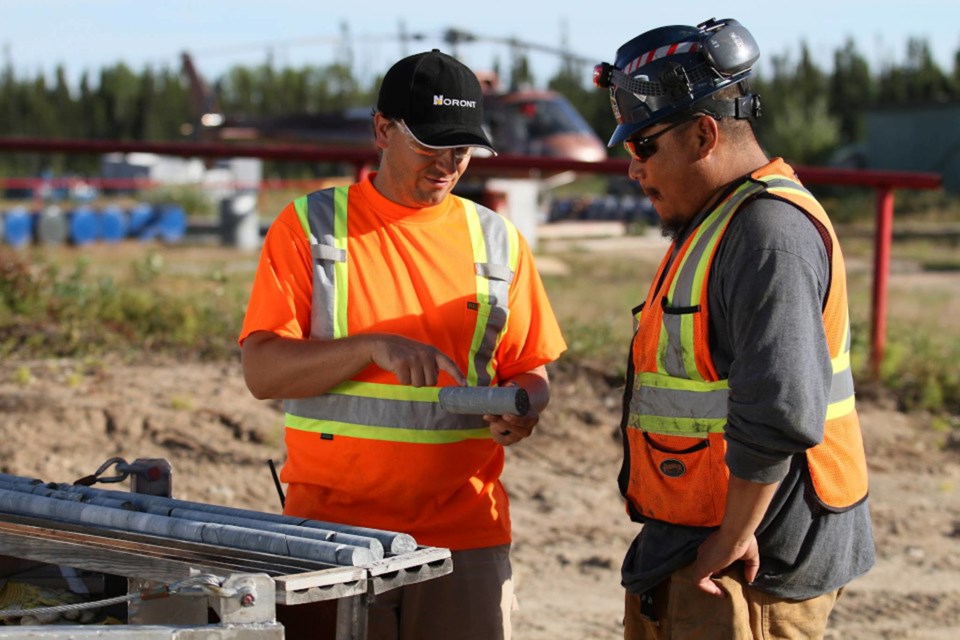The unveiling of a federal Indigenous loan guarantee program is a “positive commitment” toward helping First Nation communities invest in the natural resource sector, said the president of the Anishnawbe Business Professional Association (ABPA).
But Jason Rasevych said the $5-billion National Indigenous Loan Guarantee Program has to be independent in its decision-making processes and free of political inference.
The federal government had promised in last year’s fall economic statement that the long-called-for program would be included in the spring budget. But, as with last November’s document, details still remain scarce on how the program will work.
In a news release, ABPA said more needs to be disclosed on who will be running it, how decisions will be made, and what will be the criteria on the priorization of projects, factoring in the social impacts.
The program will help First Nation communities invest in energy, mining and forestry projects, and facilitate ownership in natural resource-related facilities and infrastructure. A loan guarantee helps entrepreneurs with access to capital and protects lenders from potential default as the federal government will pay the bill should the borrow default.
“Independence on the decision-making of the program will ensure that allocations for loan guarantees are not motivated by a government or political agendas,” said Rasevych in a statement.
“We need the loan guarantee program to enhance and support Indigenous communities looking to participate in various sectors at different financial thresholds of resource development and ownership of enabling infrastructure like corridors and facility ownership.”
The program’s ultimate success, the group said, will be in its rollout, execution and the “collaborative approach” it must take in working in partnership with First Nations and Indigenous financial institutions.
The association said First Nation leaders in Northern Ontario also want to see a program that ascribes to Indigenous-led values, the principles of Truth and Reconciliation Commission of Canada’s Calls to Action and acknowledge regional treaties.
Resource development and its economic spinoffs can go a long way toward reaching reconciliation with Indigenous people, the group said, but it’s on industry and governments to better understand the “necessary and pivotal role” that First Nations play given their unique rights and land title.




